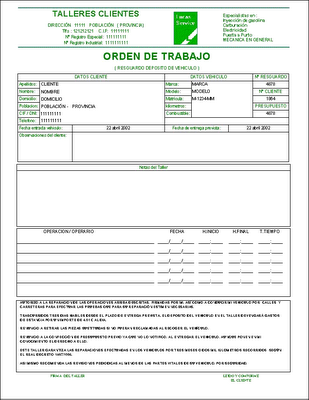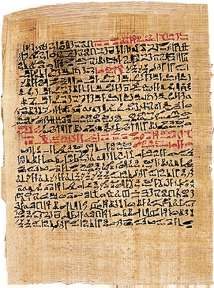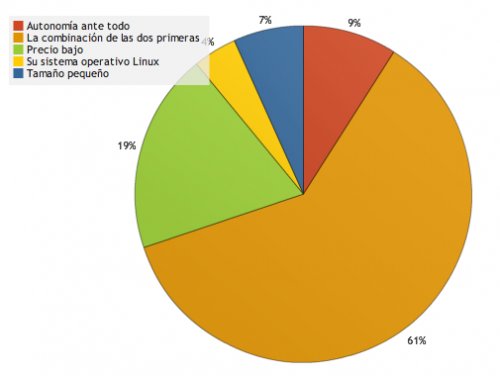 Gran Colombia is a country that no longer exists, as it is about the temporary merger of Colombia (then called Nueva Granada) with other neighboring nations. Specifically, Gran Colombia was the union of New Granada, Panama, Venezuela and Ecuador. Gran Colombia was formed in 1821 after the Congress of Cúcuta, dying out in 1831, a few months after the death of Simón Bolívar, the ideologue of Gran Colombia.
Gran Colombia is a country that no longer exists, as it is about the temporary merger of Colombia (then called Nueva Granada) with other neighboring nations. Specifically, Gran Colombia was the union of New Granada, Panama, Venezuela and Ecuador. Gran Colombia was formed in 1821 after the Congress of Cúcuta, dying out in 1831, a few months after the death of Simón Bolívar, the ideologue of Gran Colombia.
Internal disagreements within the new nation
The promoter of the new nation was the liberator Simón Bolívar, who sought to create a nation large and powerful enough to compete with the European powers. Gran Colombia was the result of a political strategy of the constituent nations to join forces. However, since its constitution, Gran Colombia has experienced permanent political tension between two groups: the federalists and the centralists. The option that initially prevailed was the centralist, which was led by Simón Bolívar. Centralism created internal discrepancies, since Venezuela lost its military influence in its territory and Panama showed its disagreement for economic reasons.
Historians maintain that Greater Colombia as a nation also failed due to the few communication channels in the immense territory and, especially, due to the lack of political will of the different social sectors to consolidate a full integration of the different territories.
In 1826 a separatist process took place promoted by the Venezuelan José Antonio Páez, popularly known as La Cosiata. In that context there were two opposing positions: the one headed by Bolívar who defended the central power and the one headed by the Vice President of Gran Colombia, Francisco de Paula Santander, who proposed federalism. The two opposing views are the origin of the classic Latin American division between liberals and conservatives, since Santanderism represented liberalism and Bolivarianism had a more conservative spirit. This ideological confrontation led to the dictatorship of Bolívar from 1828 and the consequent internal tensions promoted by the opponents of Bolívar.
The end of Gran Colombia
The Bolivarian dream of establishing a great nation disappeared when Venezuela promoted a new Constitution and the definitive break with Greater Colombia. The Venezuelan decision was the trigger for the separation of Ecuador and a new framework of relations between Colombia and Panama. The unexpected death of Simón Bolívar in 1830 was also another factor that exacerbated the dismemberment of the new nation.
The dissolution of Gran Colombia resulted in a new denomination for the current Colombian territory, since from 1831 to 1858 it received the name of the Republic of New Granada, then it was called the Granadina Confederation until 1853, later it was called the United States of Colombia and finally the Republic of Colombia in 1886.









